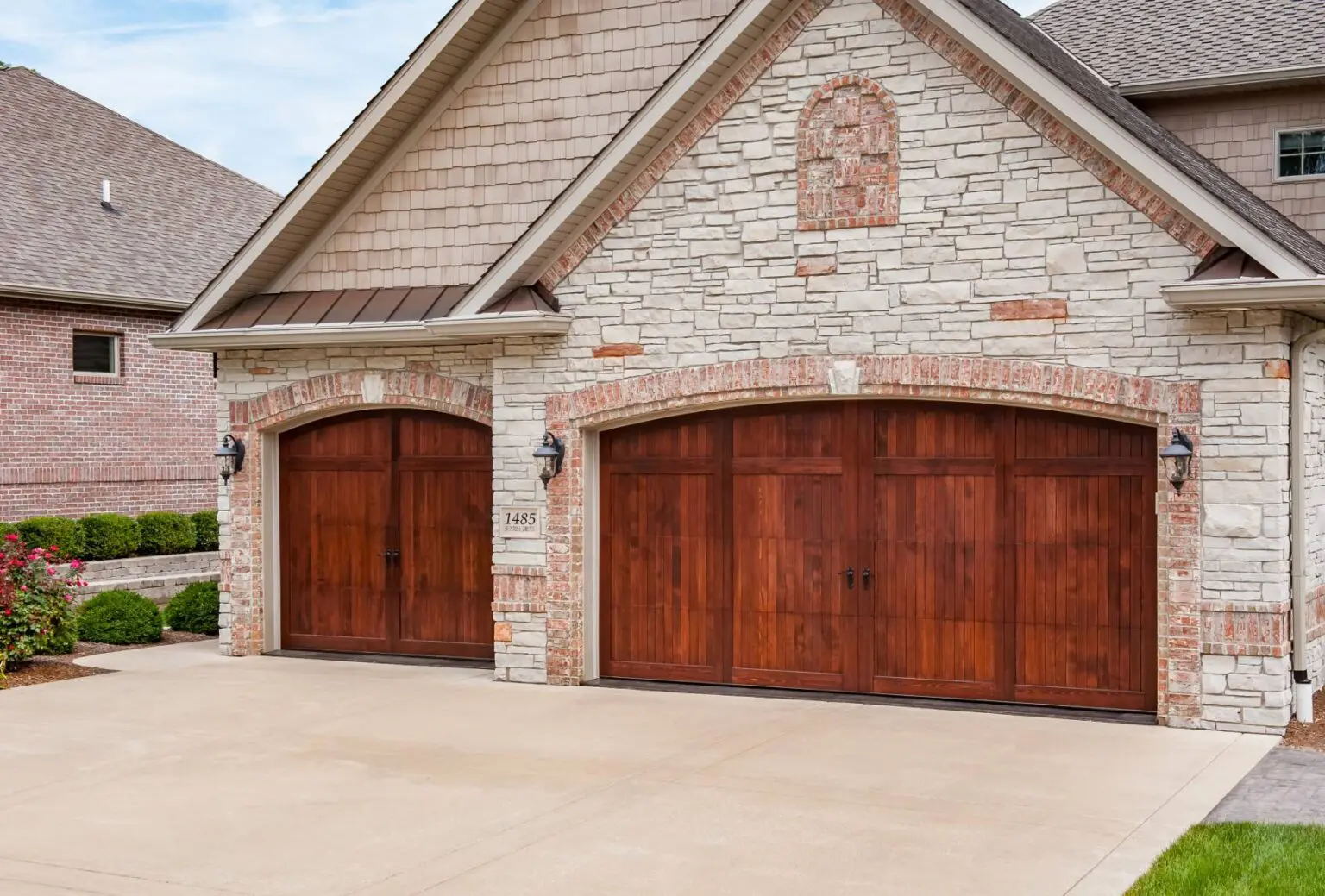
How Much Does Garage Door Repair Cost in 2025?
Tired of holding the garage door button just to get it to open or close? Learn the common causes, easy DIY fixes, and when to call Welborn Garage for expert help.

Tired of holding the garage door button just to get it to open or close? Learn the common causes, easy DIY fixes, and when to call Welborn Garage for expert help.
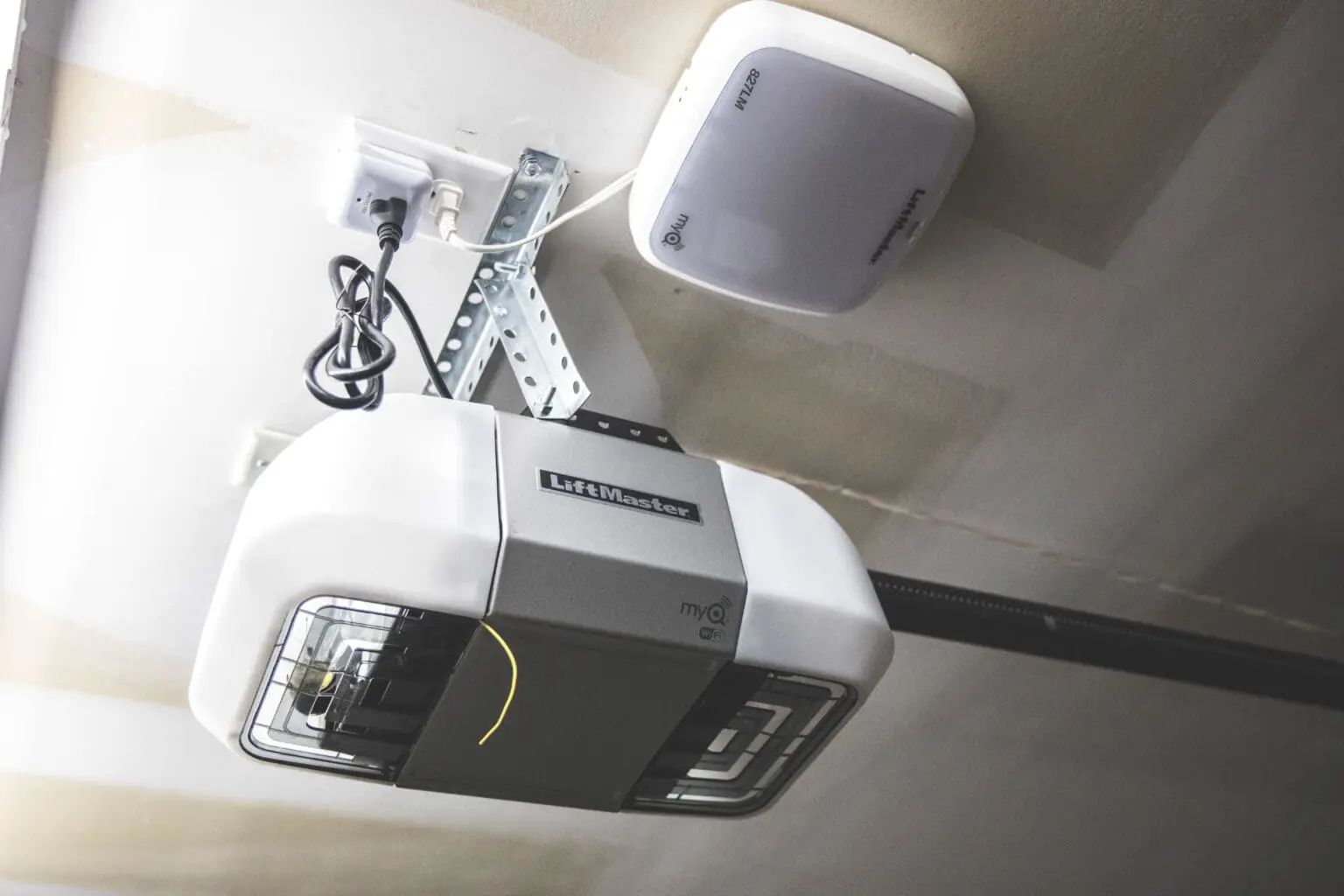
Tired of holding the garage door button just to get it to open or close? Learn the common causes, easy DIY fixes, and when to call Welborn Garage for expert help.

Tired of holding the garage door button just to get it to open or close? Learn the common causes, easy DIY fixes, and when to call Welborn Garage for expert help.

Tired of holding the garage door button just to get it to open or close? Learn the common causes, easy DIY fixes, and when to call Welborn Garage for expert help.
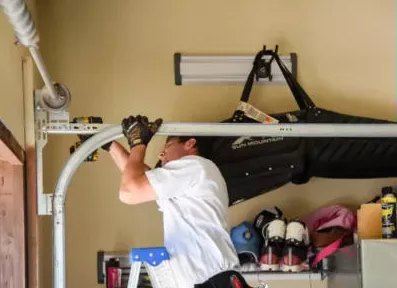
Is your garage door making loud, strange noises? Learn what those sounds mean, how to fix them, and when to call Welborn Garage for expert garage door repair.
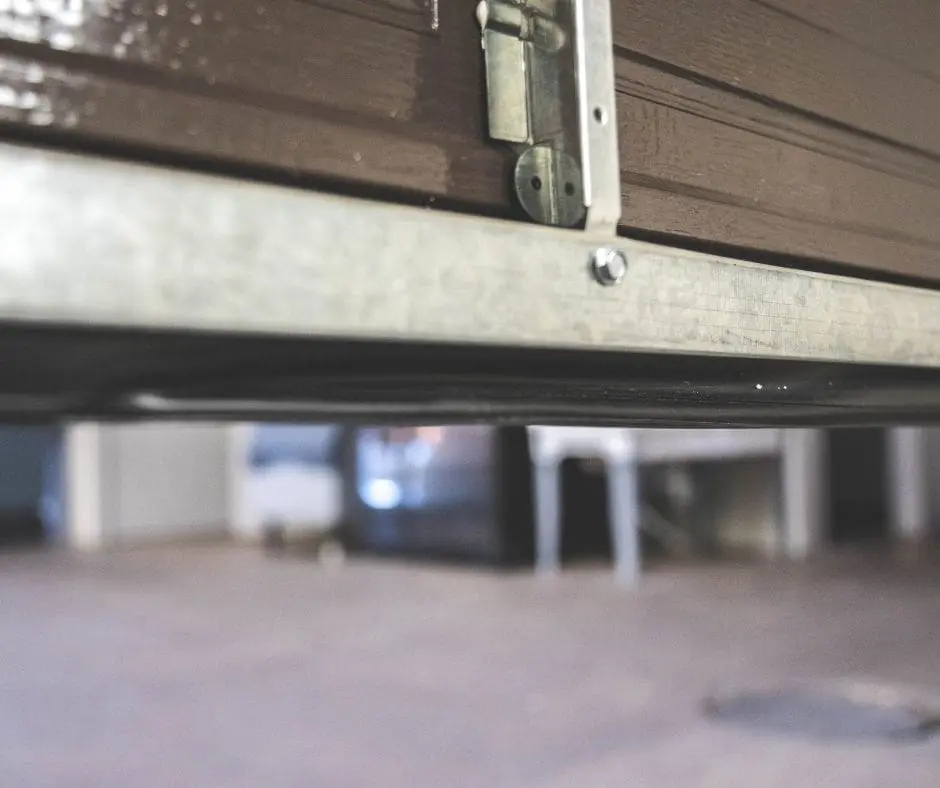
Is your garage door making loud, strange noises? Learn what those sounds mean, how to fix them, and when to call Welborn Garage for expert garage door repair.
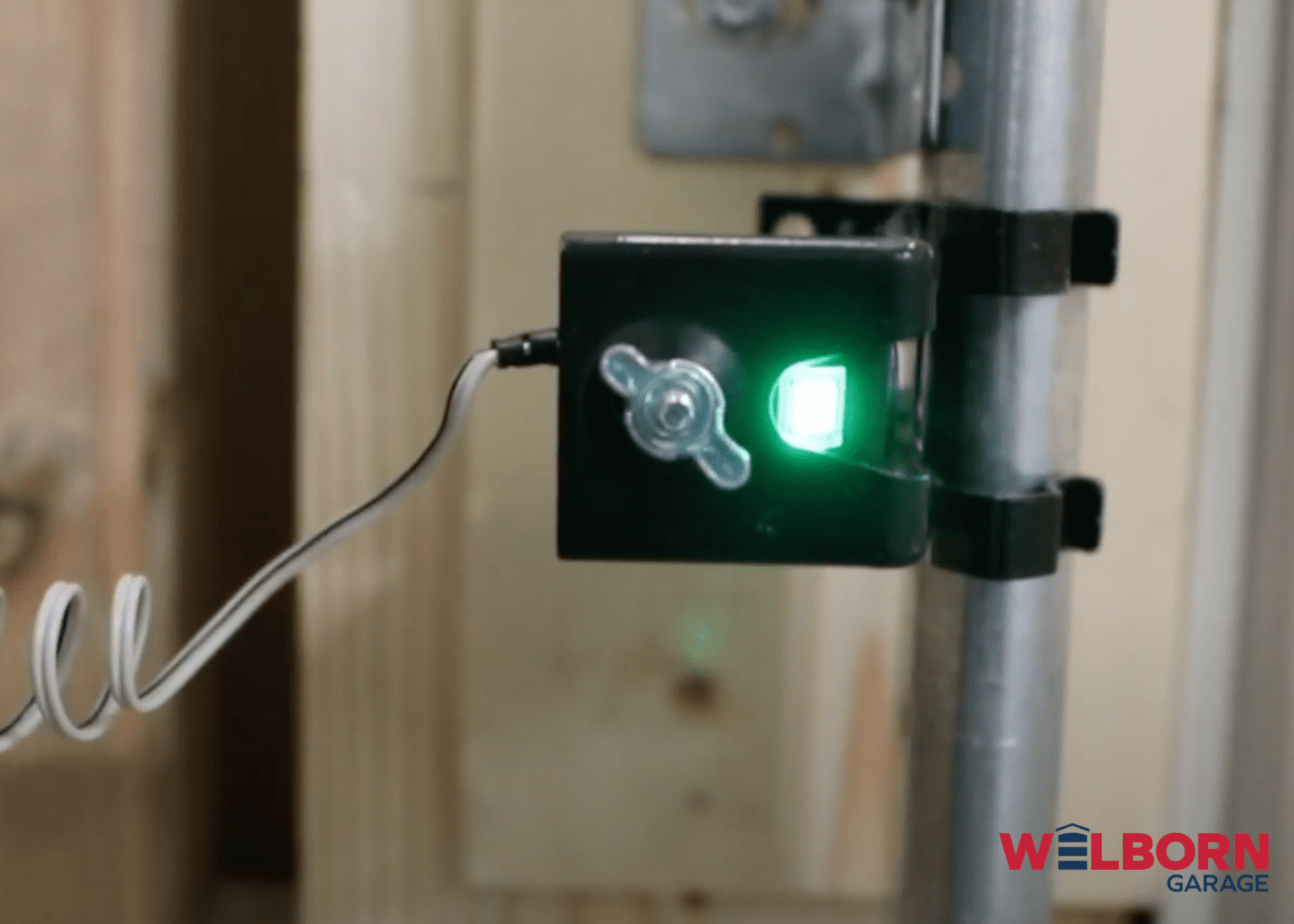
Your Garage Door Sensors Are Likely The Problem Your garage door is a daily workhorse. At the heart of its safe operation are the garage door sensors—small but mighty devices that prevent the door from closing on objects, pets, or, heaven forbid, your foot. Understanding how these sensors work, recognizing common issues, and knowing how to address them can save

7 Smart Ways to Get More Use Out of Your Garage When you think about your garage, what comes to mind? For most people, it’s a place to park the car, pile up some boxes, and maybe toss in a few tools. But here’s the thing — your garage can be so much more. With a little creativity, this space

Tired of holding the garage door button just to get it to open or close? Learn the common causes, easy DIY fixes, and when to call Welborn Garage for expert

Tired of holding the garage door button just to get it to open or close? Learn the common causes, easy DIY fixes, and when to call Welborn Garage for expert

Tired of holding the garage door button just to get it to open or close? Learn the common causes, easy DIY fixes, and when to call Welborn Garage for expert

Tired of holding the garage door button just to get it to open or close? Learn the common causes, easy DIY fixes, and when to call Welborn Garage for expert

Is your garage door making loud, strange noises? Learn what those sounds mean, how to fix them, and when to call Welborn Garage for expert garage door repair.

Is your garage door making loud, strange noises? Learn what those sounds mean, how to fix them, and when to call Welborn Garage for expert garage door repair.

Your Garage Door Sensors Are Likely The Problem Your garage door is a daily workhorse. At the heart of its safe operation are the garage door sensors—small but mighty devices

7 Smart Ways to Get More Use Out of Your Garage When you think about your garage, what comes to mind? For most people, it’s a place to park the

Don't let your garage project, just be a project. Schedule today, and make your garage the centerpiece of your home!